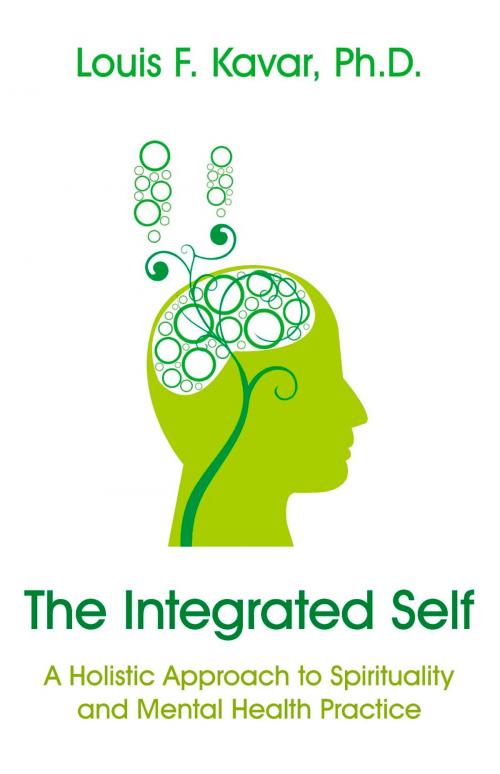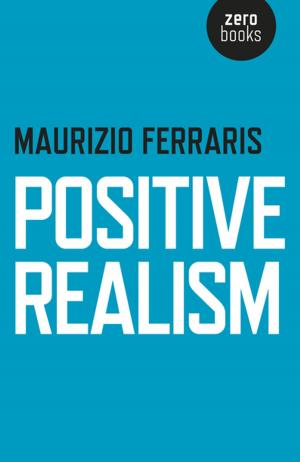The Integrated Self
A Holistic Approach to Spirituality and Mental Health Practice
Nonfiction, Health & Well Being, Psychology, Counselling| Author: | Lou Kavar | ISBN: | 9781846949050 |
| Publisher: | John Hunt Publishing | Publication: | March 16, 2012 |
| Imprint: | John Hunt Publishing | Language: | English |
| Author: | Lou Kavar |
| ISBN: | 9781846949050 |
| Publisher: | John Hunt Publishing |
| Publication: | March 16, 2012 |
| Imprint: | John Hunt Publishing |
| Language: | English |
| Contemporary research supports the importance of spirituality for mental health. Counselors, social workers, psychologists and other therapists wonder how to include spirituality in treatment. Mental health training and current treatment models do not equip clinicians to adequately address the topic of spirituality. The Integrated Self presents a model for identifying and assessing spirituality within the client’s own life and experience. By operationally defining spirituality as a dimension of the client’s experience, The Integrated Self explores the role of culture, values, beliefs, and lifestyle for understanding the spiritual dimension of the person. Using case studies, clinicians learn how to implement the model of the integrated self within their existing theoretical orientation. The Integrated Self also includes discussions on the approaches for spiritual assessment and ethical issues related incorporating spirituality in mental health treatment. While other books focus on religious beliefs, spiritual practices, or formulations of a general kind of spirituality, The Integrated Self provides a model for a holistic approach that can be adapted in both mental health and health care settings. |
| Contemporary research supports the importance of spirituality for mental health. Counselors, social workers, psychologists and other therapists wonder how to include spirituality in treatment. Mental health training and current treatment models do not equip clinicians to adequately address the topic of spirituality. The Integrated Self presents a model for identifying and assessing spirituality within the client’s own life and experience. By operationally defining spirituality as a dimension of the client’s experience, The Integrated Self explores the role of culture, values, beliefs, and lifestyle for understanding the spiritual dimension of the person. Using case studies, clinicians learn how to implement the model of the integrated self within their existing theoretical orientation. The Integrated Self also includes discussions on the approaches for spiritual assessment and ethical issues related incorporating spirituality in mental health treatment. While other books focus on religious beliefs, spiritual practices, or formulations of a general kind of spirituality, The Integrated Self provides a model for a holistic approach that can be adapted in both mental health and health care settings. |















